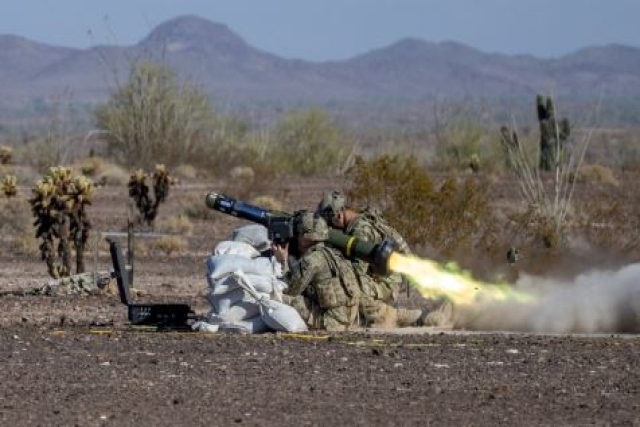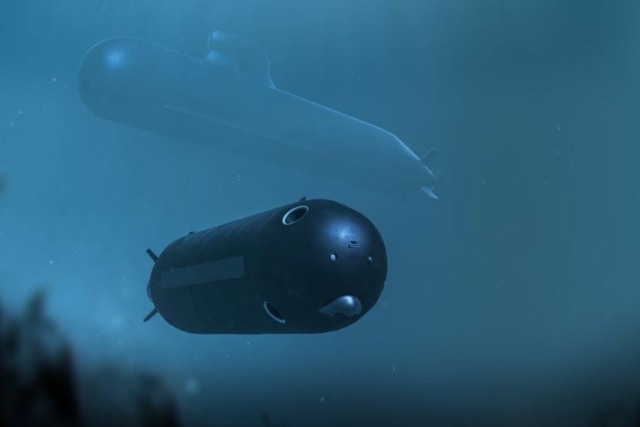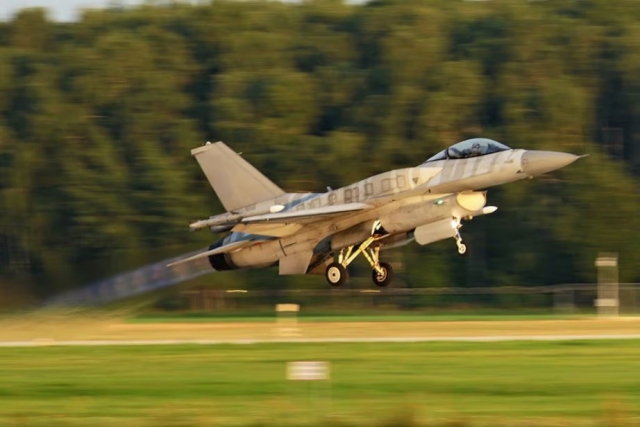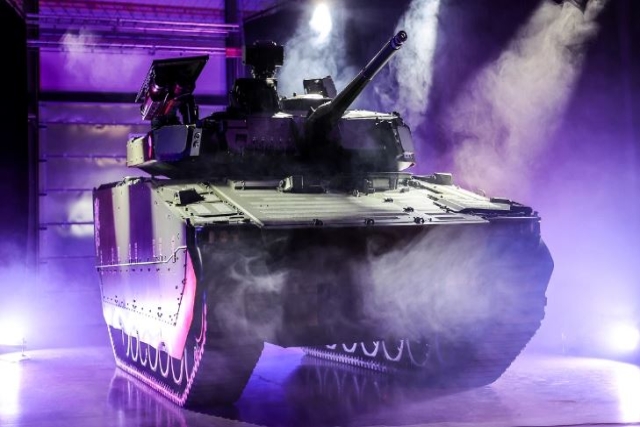Germany asks MBDA to Restart Production of Cold War-era Anti-Tank Mines
Berlin is acquiring 2,600 PARM systems with an option for an additional 10,000 units.
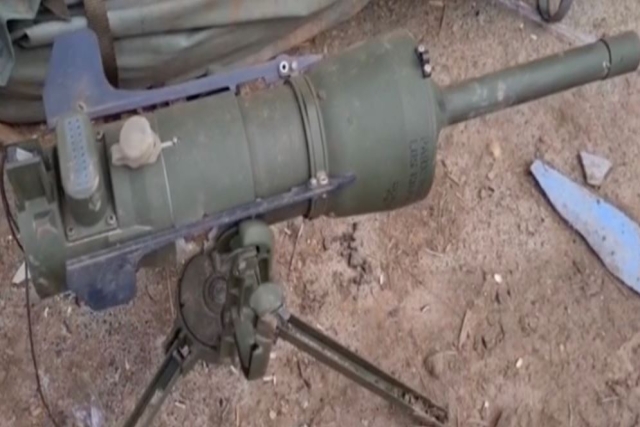
TDW GmbH, a subsidiary of the European missile producer MBDA, has secured a contract to restart the production of its Cold War-era PARM directional anti-tank mine systems for the German Armed Forces.
Originally developed and manufactured by TDW during the 1990s for the German Bundeswehr, the PARM system has been dormant since 1998, following the conclusion of the Cold War. Now, in response to contemporary threats and the evolving landscape of warfare, Germany is revitalizing this anti-tank weapon.
The contract was formalized through collaboration between TDW and the Federal Office of Bundeswehr Equipment, Information Technology, and In-Service Support. Germany's federal office for equipment procurement is acquiring 2,600 PARM systems from TDW, with an option for an additional 10,000 units.
Thomas Gottschild, Managing Director of MBDA Germany, underscores the importance of this decision, stating, "With the procurement, PARM is in the process of returning to serial production, making it the most available, most powerful roadside counter-mobility system on the market."
As the world witnesses a resurgence of high-intensity and maneuver warfare, particularly evident in Russia's invasion of Ukraine, the demand for defense systems has escalated. Mines, such as the PARM directional anti-tank mine, have proven instrumental in thwarting assaults, prompting Germany to replenish its stocks and reinforce its military capabilities.
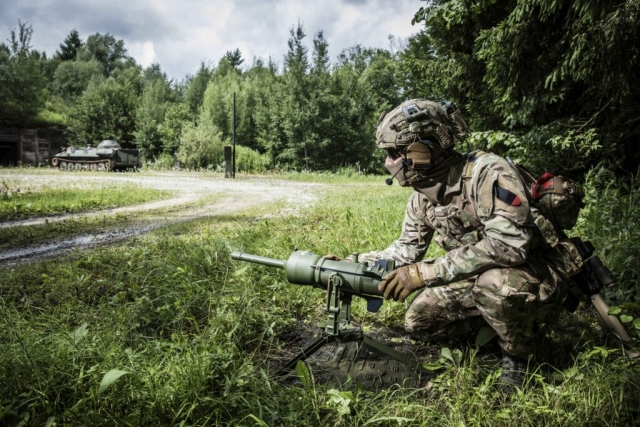
TDW will commence production with a demonstration batch of the PARM DM22 expected by 2025, and the first serial deliveries are slated for 2026. The restart of production, after a quarter of a century, requires recertification, according to MBDA Germany spokesman Günter Abel.
The PARM system, a fully automated anti-tank effector, is renowned for its versatility and effectiveness in modern military operations. Mounted on a tripod, it has the capability to take out tanks and armored combat vehicles. With sophisticated features, including a shaped charge, fiber-optical sensor, and remote-control capabilities, PARM meets the technical and operational demands of today. A single soldier can carry the system, which requires minimal training and has a proven combat record. Its modular design allows easy adaptation with different sensors and a remote-control interface.

